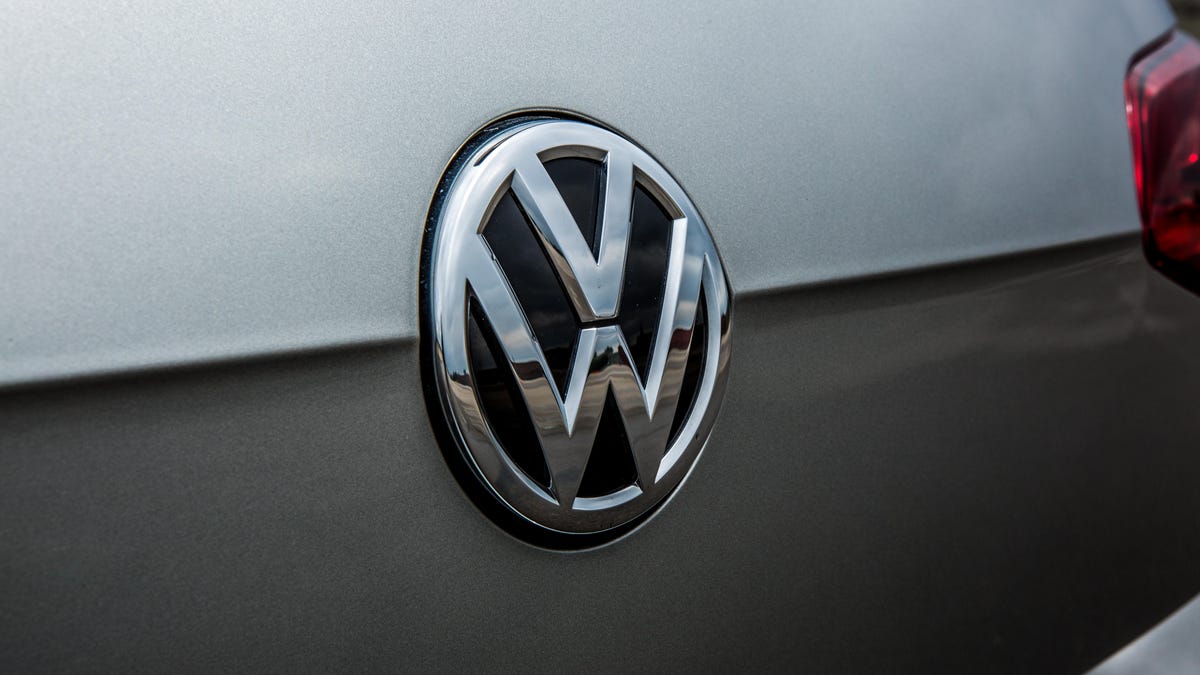It's on like Donkey Kong: US judge approves $15B Volkswagen diesel settlement
Buybacks are scheduled to start in mid-November.

Back in June, Volkswagen announced the details of its proposed $14.7 billion settlement with 2.0-liter diesel owners in the US. A judge had not yet approved the settlement, but now, one has.
US District Judge Charles Breyer approved Volkswagen's settlement Tuesday, Reuters reports. This will allow Volkswagen to finally buy back cars from owners, which should start in mid-November.
Currently, 2.0-liter diesel owners have three options. They can take the buyback, which also includes a one-time cash payout on top of the vehicle's NADA trade-in value, or they can wait for a fix, which Volkswagen is still working on and also includes that one-time cash payout. Finally, owners can opt out and leave their vehicles as-is, but this option removes the cold, hard cash from the equation.
In the event Volkswagen and regulators cannot agree upon a fix, which is definitely possible, the options are whittled down to two -- either allow Volkswagen to buy the car back, or opt out of the process entirely. Owners are able to see how much their vehicles are worth by going to VWCourtSettlement.com, the official site for the class-action lawsuit.
Approximately $10 billion of that settlement will go toward compensating owners. The remaining $4.7 billion will be split between environmental remediation funds and improvements to infrastructure that caters to zero-emissions vehicles. This can benefit Volkswagen directly, as the company has plans to release dozens of EVs over the next decade.
There is still a great deal of uncertainty concerning Volkswagen's larger, 3.0-liter diesel engines. They are being dealt with separately, and while Volkswagen has plans to introduce a fix for these engines instead of a costly buyback scheme, no official movement has been made to that end.
Volkswagen ended up in hot water with the US government, and governments around the world, after it admitted to willfully deceiving emissions regulations. Software in its 2.0-liter diesels would curtail emissions in lab-testing environments, only to have the vehicles pollute well in excess of legal limits once on the road. In response to this, regulators have pledged to involve real-world driving in future emissions tests.

